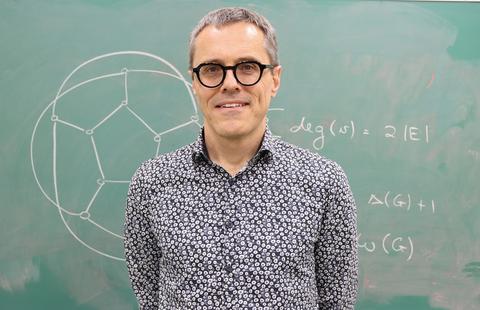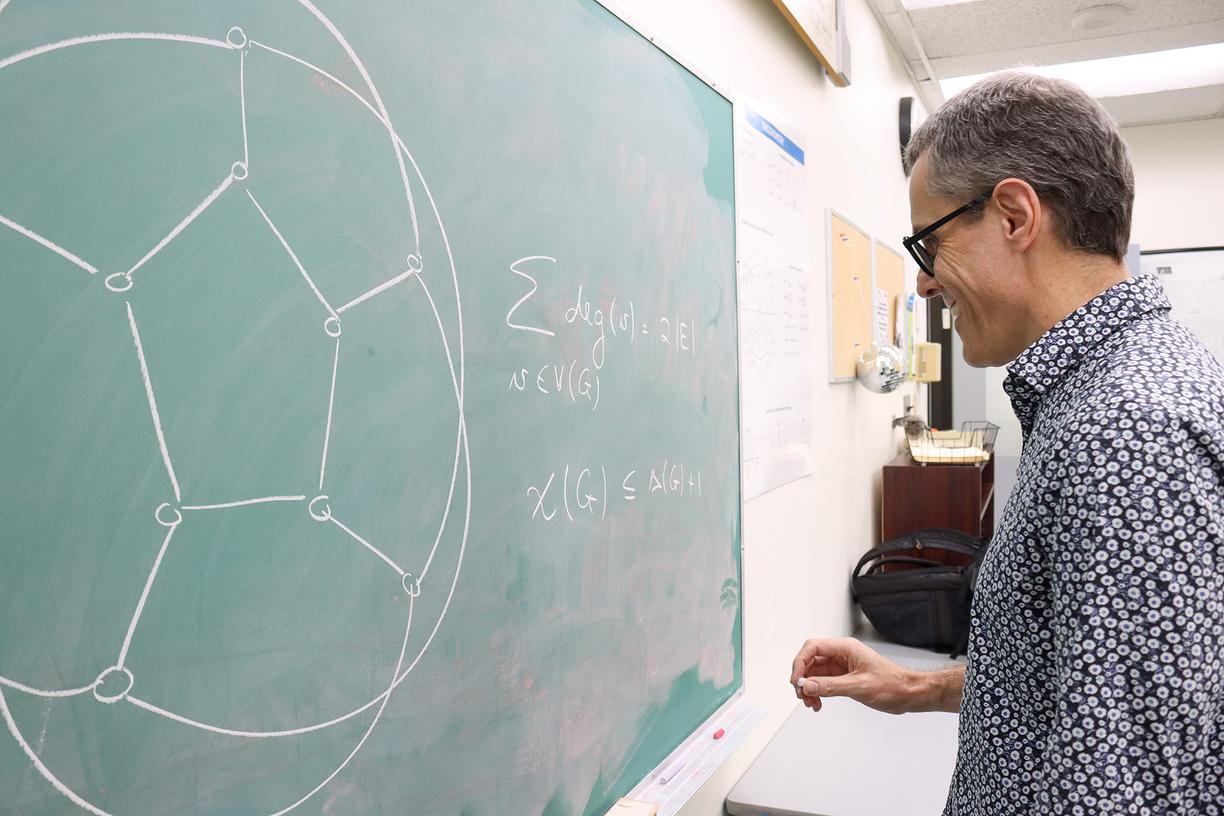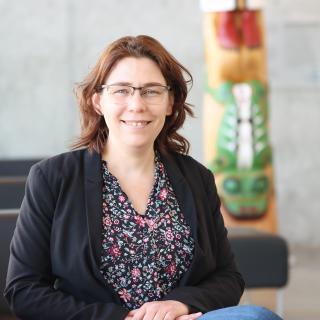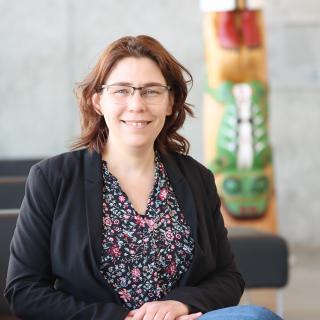The deeper Dr. Cobus Swarts immersed himself in mathematics, the more his passion for the subject intensified. Swarts, a VIU Mathematics Professor and Math Learning Centre Coordinator, started as a sessional instructor at VIU in 2009 and became a professor in 2010.
Growing up he was always fascinated by science and engineering. Swarts was born in South Africa, and as an undergraduate student studied electrical engineering. Over time he became more enthralled with mathematics, switching his focus. He completed his engineering and mathematics degrees at the Rand Afrikaans University (now the University of Johannesburg) and then moved to Canada where he earned his PhD in mathematics at the University of Victoria.
As a teenager Swarts obtained an amateur radio license and enjoyed talking to “the whole world,” often using Morse code.
“This was before the internet, so it was quite novel being able to do that with equipment that you sometimes built yourself,” he said.
We caught up with Swarts to talk about his passion for mathematics, his experience as an amateur radio operator and the VIU Mathematics program.
What sparked your interest in mathematics?
Originally, I studied electrical engineering, obtaining bachelor’s and master’s degrees. My final year project for my bachelor’s degree was in error correcting codes. To complete the project I learned some additional math. The more I learned, the more I wanted to know. One day I just realized that I liked math more than engineering. My initial attraction to math was definitely because of the power it has to solve real-world problems. Later on, I was attracted by the beauty of the ideas and how they fit together.

At 16 you obtained your amateur radio license. Why did you get the license and what was the most fascinating part of having one?
My older brother is also an amateur radio operator, so growing up I was exposed to it through him. The idea of wireless communications just fascinated me. We can communicate around the world using these invisible waves. How cool is that? You get to build your own equipment and are exposed to a lot of engineering and physics in the process.
I was also intrigued by the ability to communicate with people in many different countries. This was made possible through the use of Morse code. In a way, it represents a universal language that can be understood by anyone.
Your research focuses on the field of graph theory. Tell us more about your expertise and your current research.
Graph theory can be thought of as the study of networks. We try to understand them from a higher vantage point and look for properties that all networks have in common. My initial research in graph theory dealt with what can be thought of as colouring the nodes of a network. The network represents constraints and the colours represent resources being allocated to the nodes. One example of this is exam scheduling. The nodes of our network are courses and two courses are joined by an edge if there is a student taking both courses. The edge basically means don’t assign the same time slot to these two courses. The colours are then the different time slots and we assign them in such a way that two nodes that are joined by an edge must receive different colours.
Lately, I’ve been interested in products of graphs which is a way of multiplying graphs together. It can also be used to help understand the structure of a complicated graph if we view it as arising from the product of two simpler graphs. Over the past summer I did some research with a student on influential nodes in products of directed graphs. These influential nodes are referred to as kings, a term borrowed from a paper with the title The King Chicken Theorems.
You are the Math Learning Centre Coordinator. Tell us about the centre and its impact on students.
We help any VIU student with math. Typically, we have between four and six tutors who work in the centre at different times during the week. They are usually senior undergraduate students and can sympathize with any student who is struggling with math since they had those same struggles just a few years ago.
I have heard from several students that the Math Learning Centre is what helped them through their first-year math courses. They came to VIU not being confident in their math skills and with the help of the centre, they not only passed their first-year math courses, but often excelled in them. Some of these students become tutors afterwards.
What do you want people to know about VIU’s Mathematics program?
Mathematics is a powerful language that humans have developed over thousands of years. It is part of our cultural heritage as much as anything else. Whether you are interested in applications of mathematics or whether you want to experience the aesthetic, artistic side of mathematics, our program has something for everyone. Our math minor, in particular, pairs well with many other minors and majors. If anything, the importance of mathematics is set to increase in the future, not decrease. By studying mathematics, you can equip yourself, regardless of your career choice, with the tools to succeed in the future.



